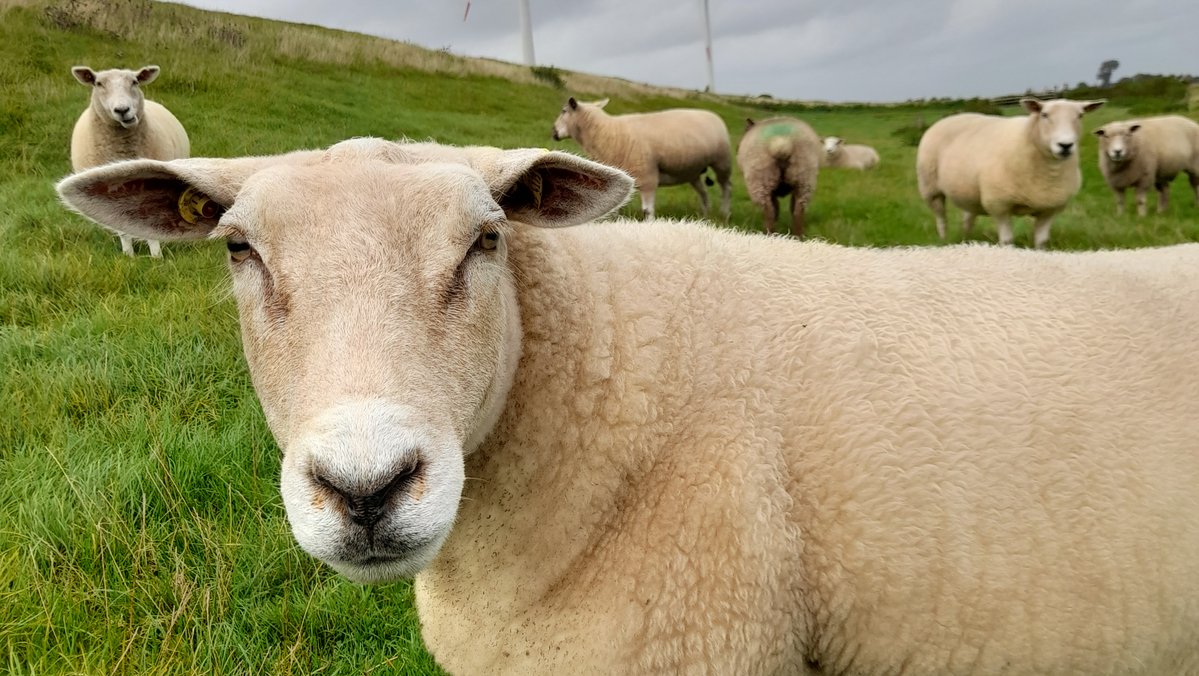Project description
Sheep farming faces the challenge of becoming more efficient, sustainable and animal-friendly. The introduction of digital, practice-orientated applications is intended to increase the efficiency, productivity, sustainability and competitiveness of farms.
The project aims to promote and sustainably develop sheep farming using modern technologies. Herd management, electronic animal identification and the associated documentation as well as the introduction of efficient flock management systems play a decisive role here. The first step is to analyse the status quo of the individual farms in order to obtain a solid database. Building on this, an essential digital basis is established in the form of RFID technology, i.e. electronic ear tags and corresponding readers.
The next step is to select and implement suitable herd management systems that are customised to the specific needs of the farms. These systems are evaluated for their suitability for use and then optimised. Additional digital technologies are integrated to further improve the systems. The data collected will be analysed to assess the efficiency and usefulness of the technologies used. Finally, a guide to digitalisation in sheep farming will be drawn up to serve as a guide for other farms.
The use of modern technologies based on electronic identification is intended to enable farmers to manage their operations more effectively. Resources are used optimally, animal health and welfare are improved, product quality is increased, and environmental impact is minimized. With the help of data analysis, automation, and remote monitoring, farmers can make informed decisions, minimize risks, and achieve long-term success. Targeted support in the introduction and use of modern technologies, such as RFID transponders and readers and related technologies, enables farmers to successfully meet the challenges of the 21st century and reap the diverse benefits of digital transformation.

